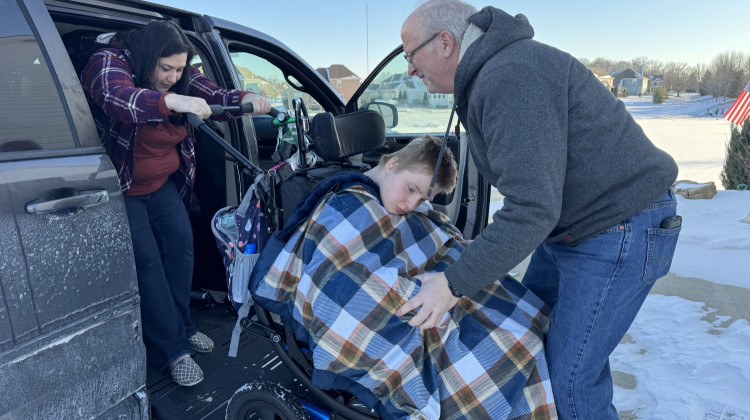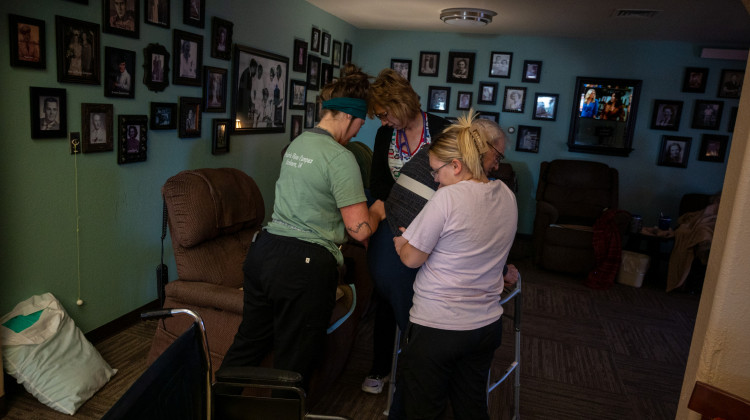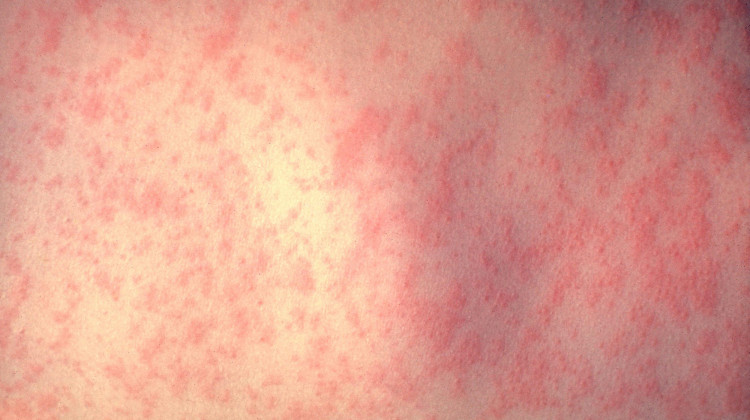The state will stop paying for some early, elective deliveries for Medicaid recipients, the Indiana Family and Social Services Administration announced Monday.
The new policy means Medicaid will not reimburse a hospital or physician for a child delivery prior to 39 weeks gestation unless it occurs naturally or is medically necessary.
Indiana will be the fourth state to eliminate Medicaid payment for early elective deliveries.
“Babies born too small or too early are at greater risk for death in their first year of life,” State Health Commissioner William VanNess said in a statement.
“Babies’ brains develop significantly during the last two weeks of gestation, which is why it’s critically important to carry pregnancies full-term, unless medically necessary to induce sooner,” VanNess said. “This policy supports providing infants with the best chance to grow into healthy children.”
The Indiana State Department of Health formed the Indiana Perinatal Quality Improvement Collaborative in January 2013 to address the ongoing prenatal care issues. After evaluation by the Office of Medicaid Policy and Planning, the organizations agreed that the non-payment program would improve the health of mothers and babies.
This week, FSSA will communicate details about policy, including a list of approved medical conditions for a necessary early delivery to Indiana Medicaid providers.
According to the Indiana Hospital Association, reports show that early elective deliveries now make up less than 3 percent of deliveries in Indiana, compared to 11 percent in 2012.
“This action sends a strong and clear message that we will not tolerate dangerous and unnecessary early childbirths, which puts our newborns at risk and increases costs in Medicaid,” said Indiana Medicaid Director Joe Moser. “We are proud to make this contribution to the state’s efforts to reduce infant mortality.”
In 2011, Indiana ranked 6th highest among states for infant mortality rate at 7.7 deaths per 1,000 births. Reducing infant mortality is at the top of the state’s top priority list. To learn more about how the state is working to reduce infant mortality, visit the Indiana State Department of Health website at www.StateHealth.in.gov.
Andi TenBarge is a reporter for TheStatehouseFile.com, a news website powered by Franklin College journalism students.
 DONATE
DONATE







 View More Programs
View More Programs


 Support WFYI. We can't do it without you.
Support WFYI. We can't do it without you.